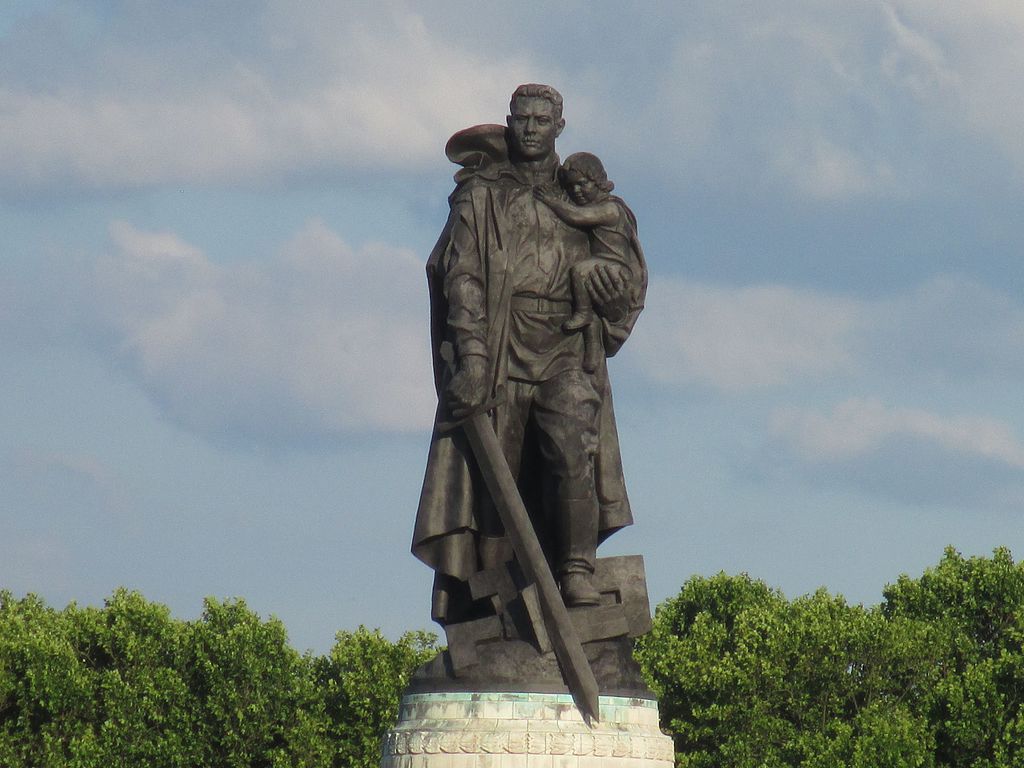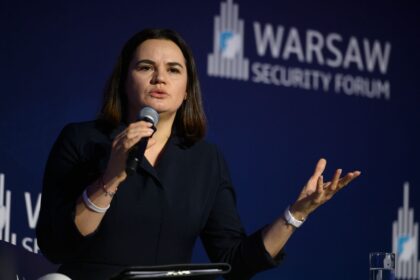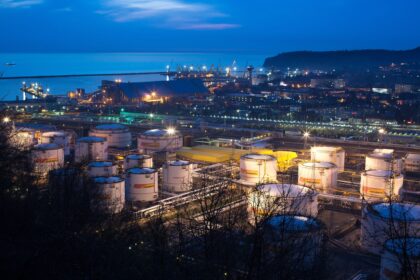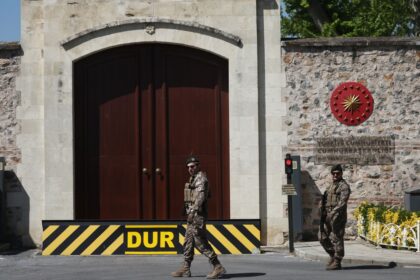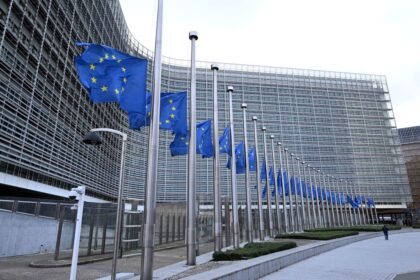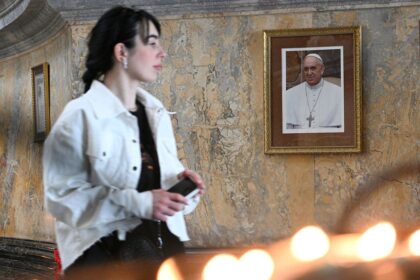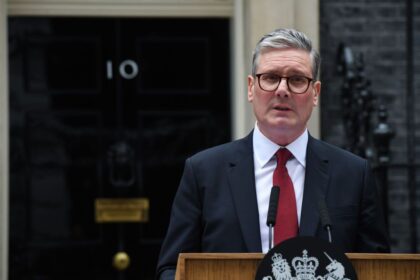**Berlin Court Blocks Display of USSR Flags on Russian Invasion Anniversary**
In a decision that has sparked debate over freedom of assembly and expression, the Berlin Administrative Court has upheld a police ban on displaying flags linked to Russia, including the flag of the Soviet Union (USSR), at a memorial site in the city. The ruling was made ahead of the 80th anniversary of Germany’s liberation from National Socialism and the end of World War II.
The decision comes amid the ongoing Russian invasion of Ukraine, which has raised tensions across Europe. The Berlin police had issued a general ban on displaying symbols associated with Russia at memorial sites during two days in May, citing concerns over public peace and dignity. This ruling was challenged by an individual who claimed it restricted their freedom to assemble and express themselves.
**A Delicate Balance**
The court’s decision highlights the complex interplay between freedom of expression and the need to maintain public order in sensitive contexts. While the display of USSR flags may not automatically suggest support for Russia, the court ruled that, given current geopolitical circumstances, their display could reasonably be interpreted as expressing solidarity with Russian aggression.
In other words, the court is saying that, at a time when Russia’s actions are widely condemned across Europe and beyond, displaying symbols associated with Russia could undermine the dignity of memorial days. This decision reflects an attempt to balance competing interests – freedom of expression on one hand and the need for public order on the other.
**A Local Controversy**
The Berlin Soviet Memorial in Treptow is a significant site that houses the largest Soviet-era war memorial and military cemetery in Germany. However, the monument has also been the subject of controversy, with some locals referring to it as the “Tomb of the Unknown Rapist,” referencing mass rapes committed by Soviet occupation forces during World War II.
The decision to ban USSR flags on this site reflects broader concerns over Russia’s actions and its impact on European society. The ongoing Russian invasion of Ukraine has raised tensions across Europe, and this ruling is likely to be seen as part of a broader effort to distance Germany from Russia’s behavior.
**An Appeal Pending**
The court’s decision can still be appealed to the Higher Administrative Court of Berlin-Brandenburg. This appeal may provide further insight into the complexities surrounding freedom of expression in sensitive contexts like memorial days. As tensions between Europe and Russia continue to escalate, this ruling is likely to have implications beyond Germany’s borders.
Read More @ euromaidanpress.com




